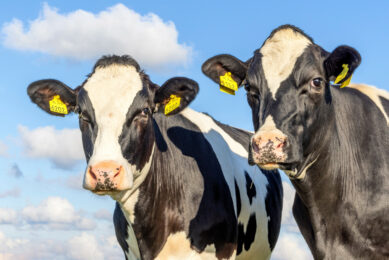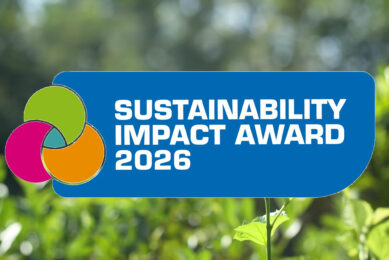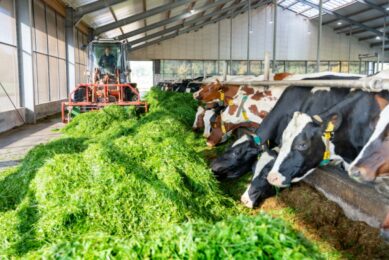Linking animal welfare, health, and sustainability
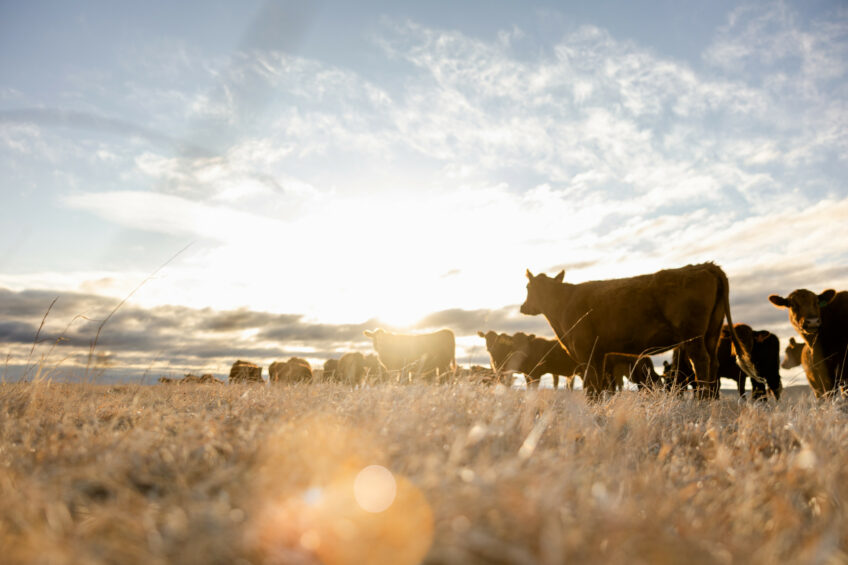
Sustainability in agriculture extends beyond reducing carbon emissions to include the well-being of people, ecosystems, and animals. Animal welfare is a vital aspect of sustainable farming. Humane livestock treatment benefits animals, supports healthier ecosystems, and reduces antibiotic use. Prioritising animal welfare strengthens agricultural resilience and fosters a balanced relationship between people, animals, and the land.
SUSTAINABILITY & WELFARE SPECIAL 2024 – read all articles
Animal welfare includes the physical and mental well-being of animals, ensuring they receive proper nutrition, housing, disease prevention, and treatment. High welfare standards allow animals to live free from pain, fear, and distress and express natural behaviours, aligning with the Five Freedoms—a widely recognised standard in welfare and quality assessment programmes.
Consumer demand for animal welfare
Consumer awareness and concern for animal welfare have been on the rise globally. Driven by increased access to information and a growing emphasis on ethical consumption. Statistics show that animal welfare is a significant factor in consumer purchasing decisions:
- A study in 2023 by the European Commission found that 91% of EU citizens believe that ensuring farm animal welfare is important.
- According to a 2024 survey by NSF, 67% of consumers say animal welfare impacts their purchasing decisions, but only 38% feel well informed about food animal welfare standards.
- More than one-third of consumers look for “better-for” options addressing the planet (38%), people (36%) and animal welfare (34%), according to the Power of Meat report from the Meat Institute and the Food Industry Association.
These statistics underscore the importance of animal welfare to consumers and highlight the need for businesses to align their practices with consumer expectations.
Business commitments to health and welfare
Leading agrifood companies and organisations are increasingly committing to higher animal welfare standards, driven by consumer demand and the recognition of its role in sustainable and ethical food production.
- Defra’s strategy integrates high welfare standards into UK trade agreements and agricultural policies, aiming to uphold these standards for imports and promote them globally.
- The US Roundtable for Sustainable Beef (USRSB) views animal welfare as essential to sustainable beef production, advocating humane, science-based practices, continuous improvement, and transparency.
- The US Pork Board emphasises animal welfare in pork production, supporting proper care, natural behaviours, and ongoing improvement through research and education.
Promoting health to support animal welfare
Animal welfare impacts food quality, safety, and sustainability. The Five Freedoms, including “freedom from pain, injury, and disease,” highlight the link between animal health and welfare recognised by the OIE, FAO, and EFSA. Good welfare practices result in healthier animals that produce better-quality meat, milk, or eggs, reduce disease incidence, minimise antibiotic use, and lower the risk of antibiotic resistance. Additionally, sustainable welfare practices help reduce the environmental footprint of livestock production by promoting efficient resource use.
Mycotoxins
Mycotoxins, toxic compounds produced by certain fungi, threaten animal health and productivity by causing issues like immunosuppression, organ damage, and reduced reproductive performance, with severe cases leading to increased mortality. Alltech’s meta-analyses on broilers, laying hens, and pigs across 56 trials with 15,246 animals demonstrated that effective adsorbents, like yeast cell wall extract, use during mycotoxin exposure improved animal health, reduced growth issues, enhanced feed conversion, and lowered mortality rates.
Lameness
Lameness is a major welfare issue in livestock, impacting mobility, productivity, and overall well-being. A Canadian feedlot study found that lameness accounted for 40% of health problems treated. Zinc (Zn) is vital for keratinisation, and low Zn levels can lead to poor-quality keratin, hoof disorders, and lameness. Supplementing with bioavailable organic Zn can improve hoof keratinisation and help prevent lameness due to better absorption and utilisation by the body.
Mastitis
Mastitis, an inflammation of the mammary gland, is a costly disease in dairy cows, leading to pain, reduced milk yield, and increased veterinary costs. Effective approaches to mastitis involve enhancing immune function and promoting udder health and cleanliness. Supplementing cows with organic selenium significantly reduced subclinical mastitis cases (Figure 1) and lowered somatic cell counts, indicating improved udder health in dairy cows.
Figure 1 – Number of mammary quarters by level of subclinical mastitis (as determined by CMT) in dairy cows supplemented with either organic or inorganic selenium.
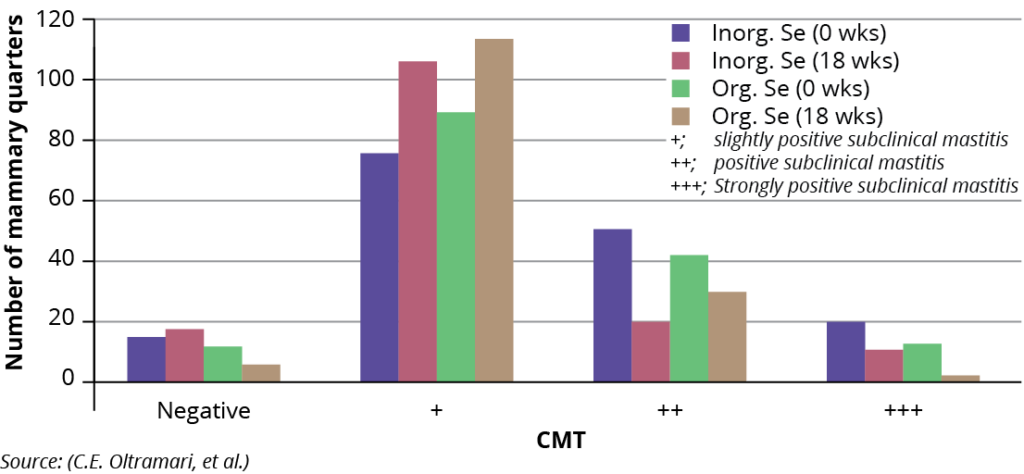
Gut health
Optimal gut health is essential for the overall well-being and productivity of livestock. A healthy gut promotes efficient digestion and nutrient absorption, supports immune function and reduces disease risk. Specific yeast-derived feed additives have been shown to lower morbidity and mortality rates in nursery pigs, by supporting intestinal health and immune response. By fostering a healthy gut environment, animal welfare and performance can be enhanced.
Shaping the future of sustainable agriculture
Animal welfare is a crucial aspect of modern livestock production, focusing on the ethical treatment of animals to ensure their health and well-being. With rising consumer demand for higher welfare standards, the agri-food sector is adopting innovative solutions to improve animal welfare across the value chain, from farmers to retailers, setting new benchmarks for a more ethical, sustainable future in food production.
Join 13,000+ subscribers
Subscribe to our newsletter to stay updated about all the need-to-know content in the dairy sector, two times a week.



